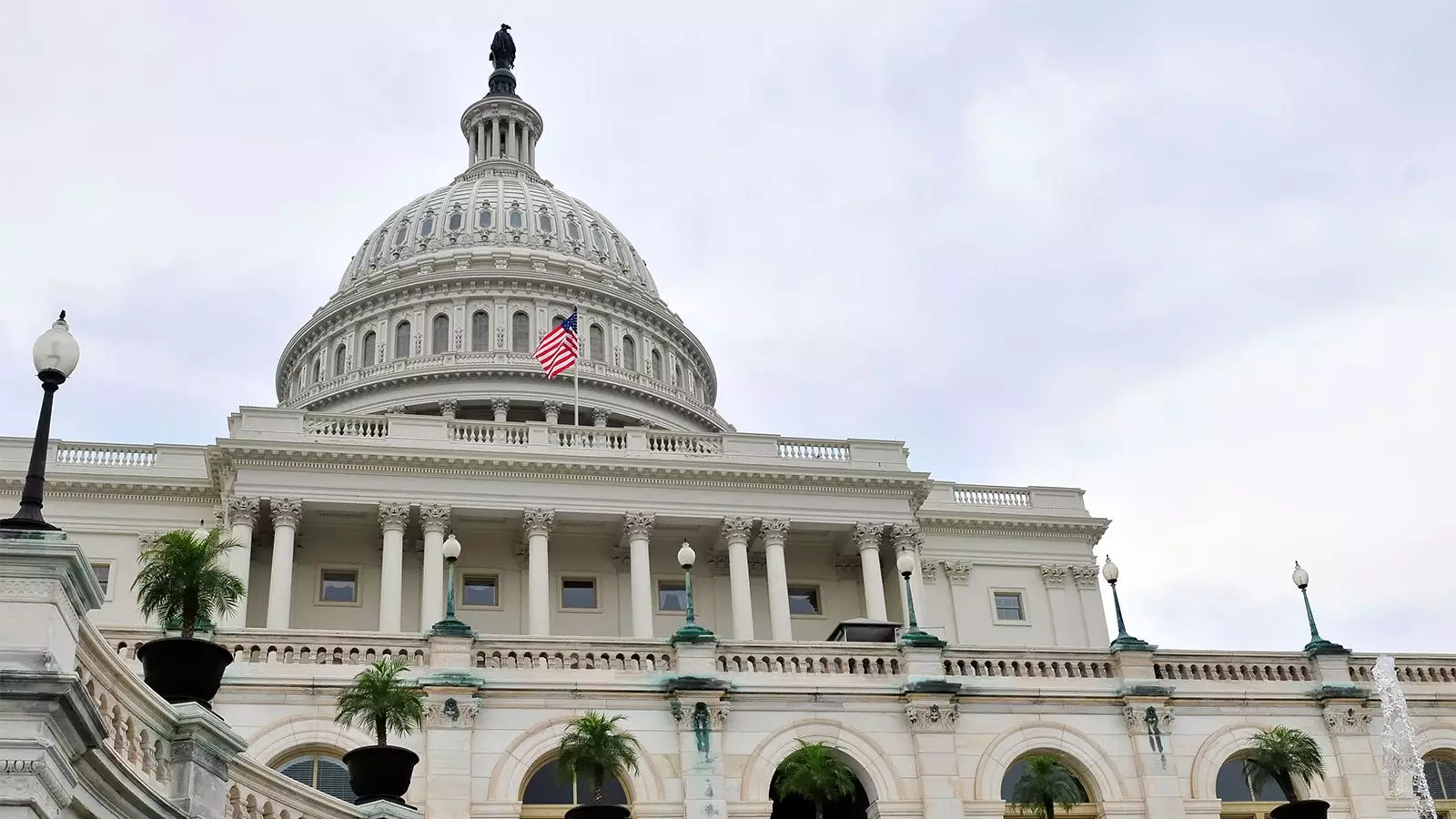The proposed Medicare fee schedule for physicians and healthcare professionals in 2025 has caused quite a stir within the healthcare community. The Medicare “conversion factor” (CF) for 2025 is set to be lower than it has been in decades, reminiscent of the levels last seen in 1993. This drastic reduction in reimbursement rates is alarming, especially considering the rising costs of supplies, rent, and staff in the healthcare industry.
CMS utilizes a specific formula to calculate the CF each year, which has led to the precarious situation faced by many healthcare providers in 2025. The removal of financial support allocated by Congress for 2024, along with a 0% adjustment for inflation, has contributed to the decline in the CF. Additionally, the budget neutrality adjustment, intended to prevent excessive spending, has further exacerbated the situation by limiting the increase in CF.
One of the unintended consequences of these calculations is the detrimental impact on specialties such as interventional radiology (IR). IR physicians, who provide cost-effective and minimally invasive procedures, are facing significant pay cuts due to the budget neutrality adjustment. This punitive measure not only discourages innovation and value-based care but also threatens patient access to essential medical services.
While many are quick to blame CMS for the proposed changes in the fee schedule, it is important to recognize that the root causes of these challenges lie in statutory regulations established by Congress. Only Congress has the power to adjust the budget neutrality provision and allocate funds to increase the CF. The failure to address these issues has resulted in a stagnant CF that fails to keep pace with inflation, leading to a decline in physician payments over the years.
The implications of the proposed Medicare fee schedule changes in 2025 are far-reaching and demand immediate attention from lawmakers. The impact on Medicare beneficiaries’ access to care, physician burnout, and the overall sustainability of the healthcare system cannot be ignored. Legislation such as H.R. 2474 and H.R. 6371, as well as the establishment of a bipartisan working group by the Senate Finance Committee, signify a step in the right direction. However, more concerted efforts are needed to address the systemic issues plaguing Medicare reimbursement rates.
The proposed changes to the Medicare fee schedule in 2025 highlight the urgent need for reform and advocacy within the healthcare community. By working together to address these challenges and push for meaningful legislative changes, we can ensure a brighter future for Medicare patients and providers alike.



Leave a Reply